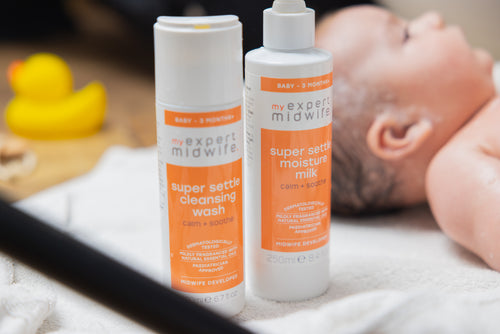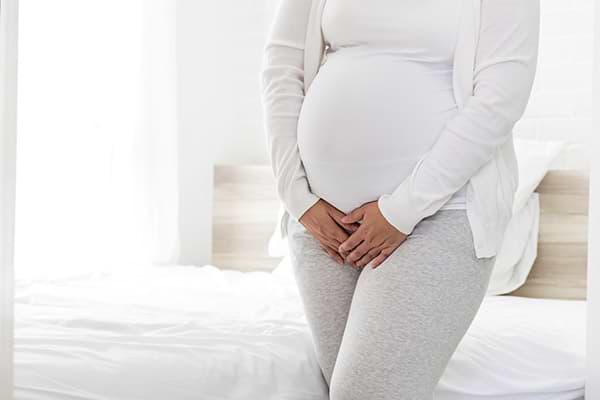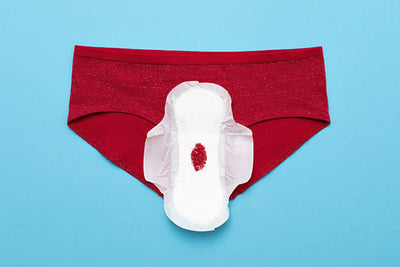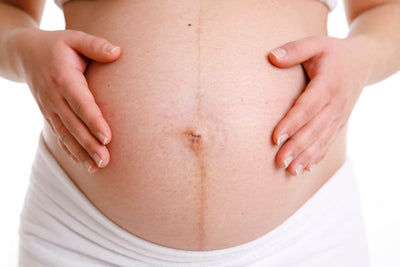What is thrush?
Thrush is caused by Candida albicans, a yeast-like fungus that lives within our ‘gut’ as part of our microbiome. However, this can become bothersome when it overgrows (for example, due to diet and life-style choices, the intake of antibiotics, etc) or if it thrives when there is a pH imbalance within the vagina.
Thrush is common, with around 75% of women developing it at least once during their lifetime. Thrush can also be found on other parts of the body, such as in the mouth, within or under the breast/s or in the penis. This means that it can be spread among sexual partners, although it is not classed as a sexually transmitted infection.
Pregnancy hormones, a course of antibiotics and diabetes can all be a trigger for women to develop a bout of vaginal thrush, as these can all disturb the body’s pH balance. Once you have developed thrush, it can disappear naturally or there are treatments available which target the yeast growth and ease the symptoms.
Developing thrush during pregnancy will not harm your unborn baby. However, if you have thrush during the birth, it can be passed to your baby. A paediatrician will advise on how to treat your baby if this happens.
What are the symptoms of vaginal thrush?
Thrush can cause irritation of the vagina, the vulva and the surrounding area and can even spread onto the upper thighs if it doesn’t clear up naturally and is left untreated. It can present as swelling, a white lumpy discharge (often described as resembling cottage cheese), sometimes a white-ish watery discharge, mild pelvic pain and, most commonly, it causes varying degrees of itchiness.
How can I ease and help to prevent thrush?
- Try to wear loose fitting underwear and clothes made from natural fibres such as cotton, silk and linen- these are more absorbent and hence help your skin to breathe more easily. If you can, go pant-free to allow air to circulate freely.
- Make sure your washing detergent or fabric conditioner isn’t causing or increasing the irritation by changing to a milder or anti-allergy type.
- If you use pads or panty liners make sure they are natural or fragrance free. Even better, invest in washable ones which you know are free from chemicals and you can wash in a fragrance-free washing product of your own choice. They are also softer, so don’t rub and irritate the vulval area any further.
- If your underwear or clothes become sweaty or damp for any reason, for example when swimming or exercising, change into fresh clothing as soon as you can. Thrush loves a damp, warm environment in which to multiply.
- Avoid using perfumed soaps and shower gels as these can irritate you further. It is best to wash your vulva with plain warm water only. If you are still struggling with irritation from the itchiness you can try relieving this with Spritz for Bits, as it is safe to use during pregnancy.
- Do not douche (rinse or clean out the vagina with water or anything else) your vagina. Your vagina is a self-cleaning, self-balancing tube.
- Be careful after going to the toilet, making sure you always clean front to back to avoid any bacteria from your back passage being wiped into the vulval/vaginal area.
Treatments for thrush and recurrent thrush
- There are several over-the-counter creams and pessaries available to treat vaginal thrush. Although your pharmacist will be able to advise you on the latest recommended treatments and which to use during pregnancy, they will not sell you treatment unless it has been prescribed by a doctor. You can phone your midwife or GP and ask for a prescription over the telephone.
- Thrush is often a systemic condition, meaning that it affects many systems in your body and will need treatment from within. Treatment like creams and pessaries only treat a small part of the problem and only temporarily
Yeasts thrive on sugary foods, processed foods and refined carbohydrates and will also overgrow when good bacteria are killed, for example, by antibiotics. Research into this complex subject will allow you to become informed and able to make the choices that are right for you and your family.
- Try to avoid sex whilst your thrush is being treated and wait for symptoms to clear completely. Current advice is that your partner doesn’t need specific treatment for thrush unless they also become symptomatic.
- If self-help measures have been tried and they haven’t worked or your thrush reoccurs despite these measures, make an appointment with your GP to discuss the next stage of treatment.
Summary
Developing thrush during pregnancy can be extremely irritating, but there are effective self-help remedies available to help you take control of this itchy situation.




